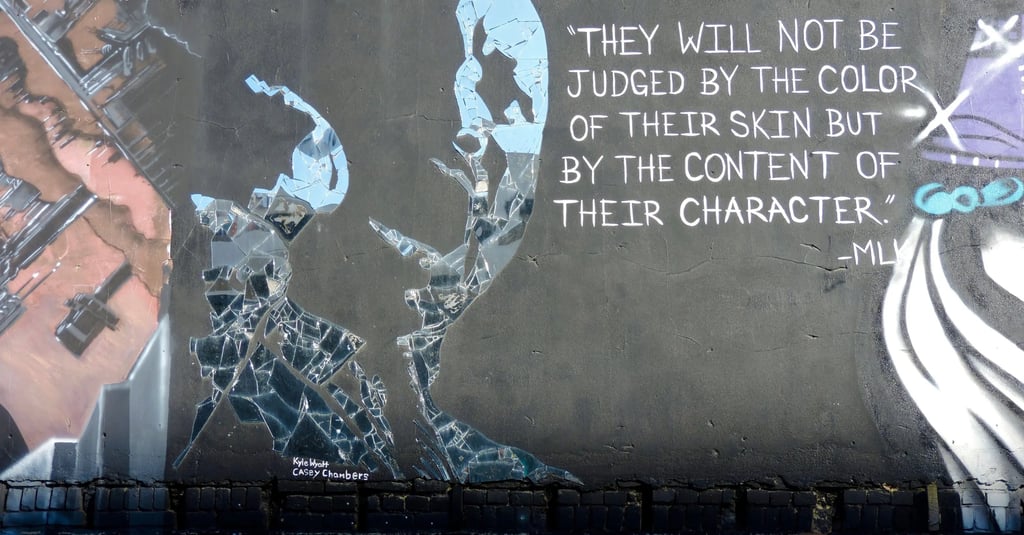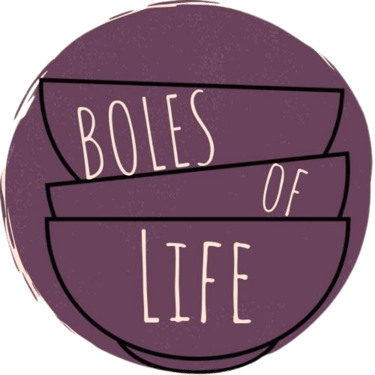Dear Dr. Martin Luther King Jr. – Two Lessons You Taught Me
FAITH
Tyler Boles
2/14/20253 min read


Dear Dr. Martin Luther King Jr.,
To be honest, if I were alive when you were, I may not have supported you.
At best, I would have supported you quietly. I would have only spoken about you and the movement when I knew others around me supported you.
I would have hopefully believed the truth of the movement. But likely have been too afraid of how supporting you would have impacted me.
I likely would not have been willing to try and change the hearts and minds of the people I know.
What I can say for near certainty is I never would have stood on that bridge with you in Salem.
Your leadership and example went a long way in changing our country, but there is still a long way to go.
I cannot affect the past or fully know how I would have responded. But I can choose not to settle for the current status quo.
Thank you for being brave when so many were not.
Two thoughts on Dr. King for today:
1. Today’s hero was yesterday’s villain.
According to a Gallup poll American opinion of Dr. Martin Luther King Jr. in 1966 was 32% positive and 63% negative.
In 2011, Gallup had another pole on Dr. King. The same pole found Americans have very positive views of King now. 94% of Americans rated Dr. King positively.
In the words of Michael Scott, “Well, well, well..how the turn tables...”
It is easy to support something that is popular and not divisive. It’s hard to support something that might get you ostracized from your community.
Today, it is hard to find someone who would openly stand against MLK Jr. In the sixties, it was hard to find someone outside the black community who would stand with MLK Jr..
I get it. I find myself often filtering my response through the lens of how it will directly affect me.
But if Dr. Martin Luther King Jr. has taught me anything about how to respond, it is this:
I cannot constantly filter my responses primarily on how it affects me, but through the question, ‘What is the right thing to stand up for?’.
*Note: If after you’ve responded to something, you later realize a different choice would have been right, it’s okay to change your response. Not everyone will agree, but not everyone will agree with your first choice either.
2. The gospel was always core to the message.
Dr. King was a pastor long before he was a leader of a movement. He grew up the son and grandson of Baptist pastors. Christianity was ingrained in him.
It was impossible for MLK Jr. to view the world outside of the gospel because the gospel was a part of him.
King drew his worldview from scripture and ministers who had gone before him.
In Seminary, Dr. King read Walter Raushenbush’s Christianity and the Social Crisis.
Raushenbusch stated that rather than ritualistic ceremonies, the prophets “insisted on a right life as the true worship of God.” This “right life” included the belief that “social problems are moral problems on a large scale.”’
Henry Emerson Fosdick, a popular New York pastor during the 30s and 40s, was another influence on Dr. King. ‘
Fosdick felt that a church “that pretends to care for the souls of people but is not interested in the slums that damn them, the city government that corrupts them, the economic order that cripples them, and international relationships that, leading to peace or war, determine the spiritual destiny of innumerable souls” would receive divine condemnation.
Fosdick also emphasized that “the saving of society does depend on things which only high, personal religion can supply.”’
Thanks to the many Christian influences in his life, Dr. King would tie his faith into the Civil Rights Movement through his preaching and nonviolent protests.
Dr. King noted that “Christ furnished the spirit and motivation” for the nonviolent Montgomery bus boycott.
It is evident in his preaching and writing that King did not believe you could separate the secular realities of daily life from spiritual needs.
He believed that God would harshly judge the church’s apathy on social matters like racism. On the other hand, he praised those pastors who took public stands on social matters and called their members to do the same.
The gospel was always a part of Dr. Martin Luther King Jr.’s message.
So if Dr. Martin Luther King Jr. has taught me anything about how to be a believer, it is this:
I cannot pretend the Bible does not tell me to stand up for the marginalized in society by both preaching the gospel AND by taking tangible action.
Those are two lessons Dr. Martin Luther King Jr. has taught me.
My source for Dr. King’s influences: Kinginstitute.standford.edu
(Originally posted on January 16, 2021)
Boles of Life
Join us on our messy, adventurous journey through life.
© 2024. All rights reserved.
